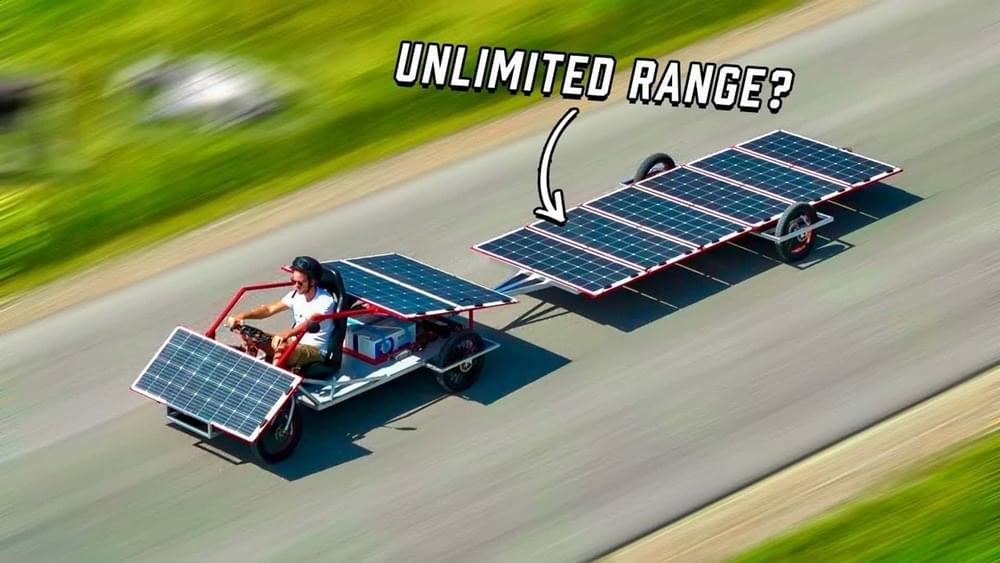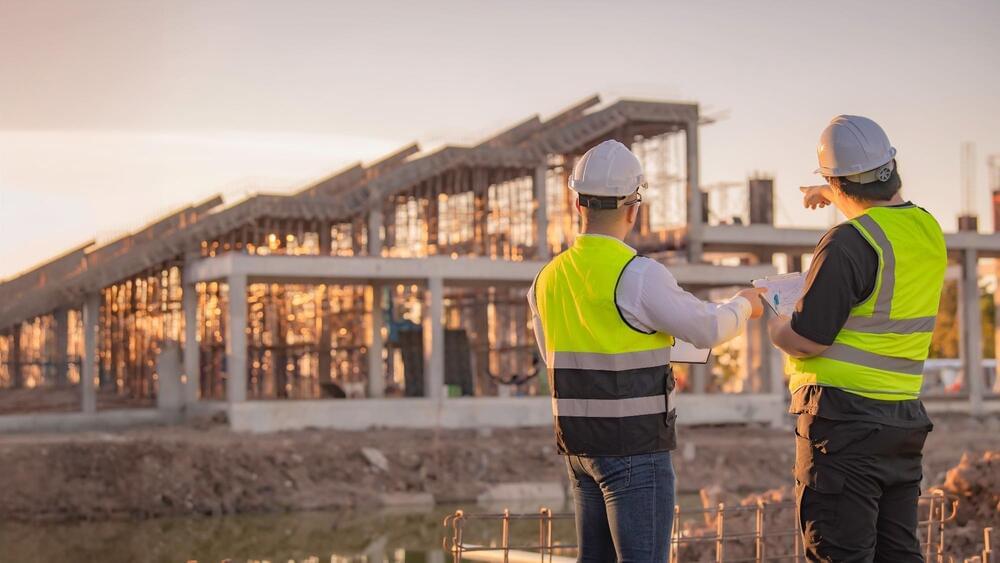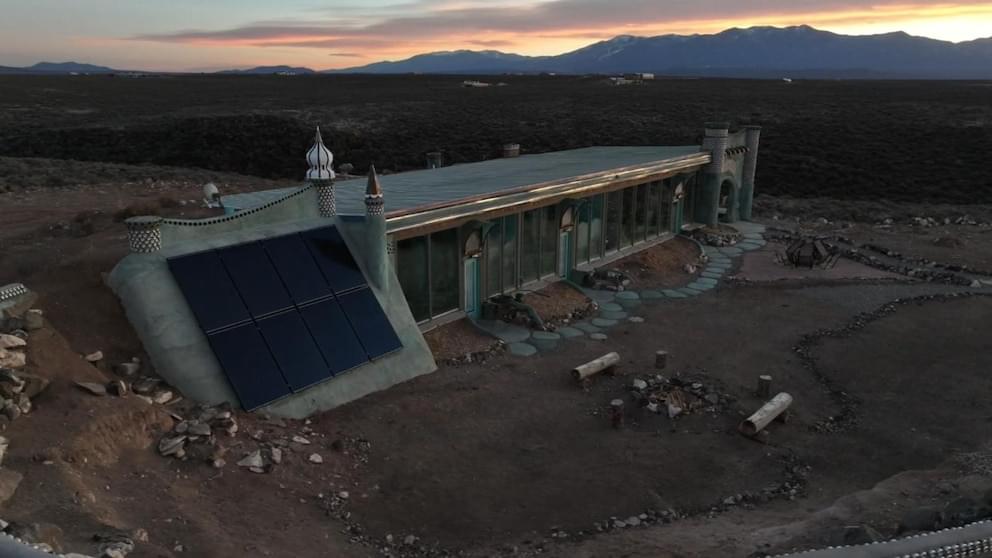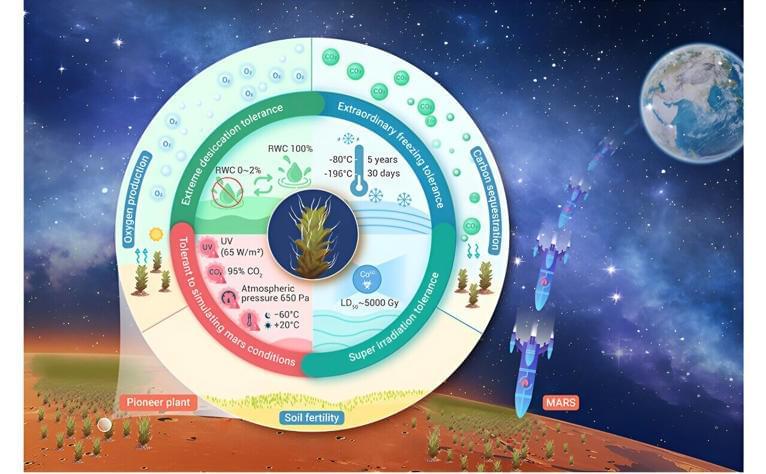An intense discussion is now going on at the International Seabed Authority (ISA), starting in March 2024, and proceeding up to August, for its various instances, committees, and general assembly. The most critical point concerns the call for licenses, which are being advanced by several commercial mining entities, to explore deep sea grounds, seeking rare minerals highly in demand, fueling the energy and green transitions worldwide. Clean energy technologies require more materials, such as copper, lithium, nickel, cobalt, aluminum, and rare earth elements, than fossil fuel-based technologies. Demand for critical minerals could surge 450% by 2050 to meet Paris Agreement climate goals[1]. The deep sea, particularly in the form of polymetallic nodules (PMNs), contains significant cobalt resources. Estimates suggest that by 2035, deep-sea mining of PMNs could produce 61,200 tons of cobalt per year, which could account for up to 50% of current annual global cobalt demand[2].
For the first time, ISA is considering the revision of deep-sea mineral exploitation regulations [3]. Commercial deep-sea mining has attracted increased attention, particularly owing to potential oceanic challenges, including pollution, overfishing, biodiversity, and habitat loss, acidification, rising water temperatures, and climate change. Those favoring commercial mining highlight the need for a supply of materials necessary for global energy transition. Recent meetings in Kingston, Jamaica, have focused on revising the draft regulations for deep-sea mineral exploitation. While some progress has been made, several areas of disagreement remain, particularly regarding environmental protections and the speed of issuing commercial permits. The ISA is aiming to finalize the new regulations by July 2025, but there are concerns that this deadline may not be met.
On the commercial side, The Metals Company (TMC), Canada, anticipates submitting an application for a mining exploitation license in 2024, potentially starting mining operations in 2025, even before the regulations are fully in place. While ISA has not granted any commercial licenses for deep-sea mining, some countries are moving forward independently. Norway already passed a bill in January 2024, which authorizes prospecting for deep-sea minerals, accelerating the hunt for the precious metals that are in high demand for green technologies. Environmental scientists have warned such oceanic exploitation could be devastating for marine life. The outlook concerns Norwegian waters, nevertheless, agreements on mining in international waters could also be reached this year.





